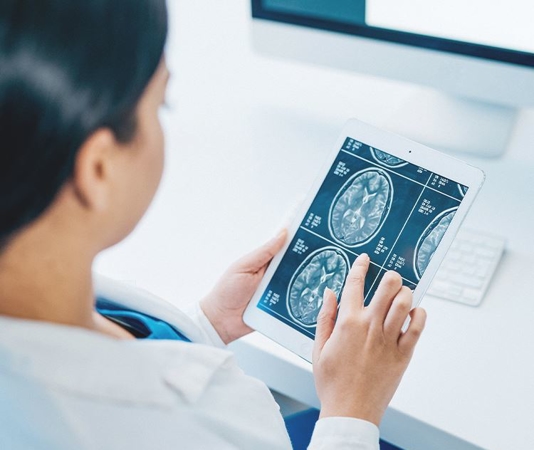Traumatic brain injury (TBI) is a leading cause of death and disability worldwide. Individuals with TBI may experience a range of emotional, psychological, and cognitive challenges. Among these commonly reported complications is post-traumatic sleep-wake disorders, including insomnia. Current standard treatments for post-TBI insomnia include benzodiazepine drugs, cognitive behavioral therapy, and other psychological treatments, with varying rates of success. A promising new non-pharmacological approach to treating insomnia-related TBI is noninvasive direct current stimulation (tDCS), which administers low-intensity pulses of electrical stimulation to the brain through a magnetic device positioned several inches above a patient’s head.
While the literature supports the effectiveness of tDCS in primary sleep disorders, there is a lack of evidence regarding the therapeutic utility of tDCS in TBI-induced insomnia. To further investigate this subject, a team of researchers conducted a study on the effectiveness of tDCS on secondary insomnia in patients with chronic TBI symptoms. The researchers designed an experiment with 60 participants who were previously hospitalized for TBI. The participants were then split into two groups: one that received tDCS treatment and another received a placebo treatment.
Three weeks after the onset of treatment, the tDCS group reported improved sleep quality significantly more often than those in the placebo group. Insomnia severity was significantly lower at six weeks post-treatment among men who were given tDCS as compared to those who received the placebo. Importantly, the efficacy of tDCS in reducing self-reported insomnia severity remained stable for up to three weeks after the treatment onset.
This study provides support for the clinical application of tDCS for alleviating the severity of insomnia in individuals with TBI. Given the results of the study, the benefits of tDCS treatment may have gender-specific effects. Therefore, clinicians should give particular consideration for treatment among male patients. While more detailed studies with neuroimaging and self-report measures are needed, tDCS may be considered as a viable therapeutic measure for post-TBI insomnia.
Eghbalia B, Ramezania S, Herfeh S, et al. Transcranial direct current stimulation improves sleep quality in patients with insomnia after traumatic brain injury. Brain Injury. (November 2022).

